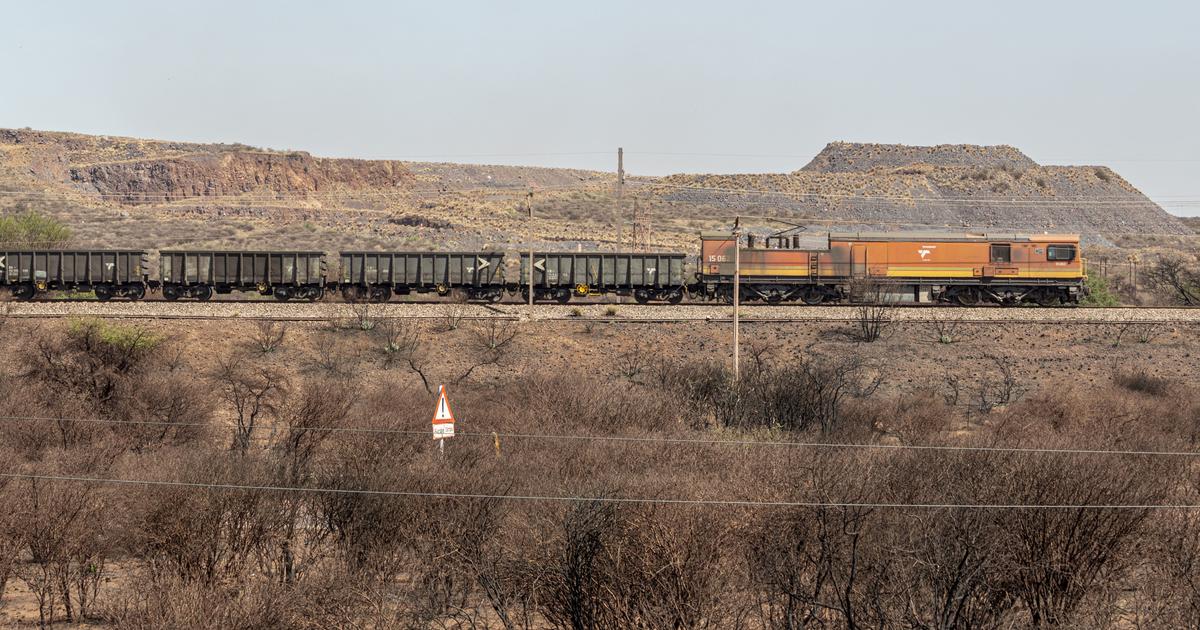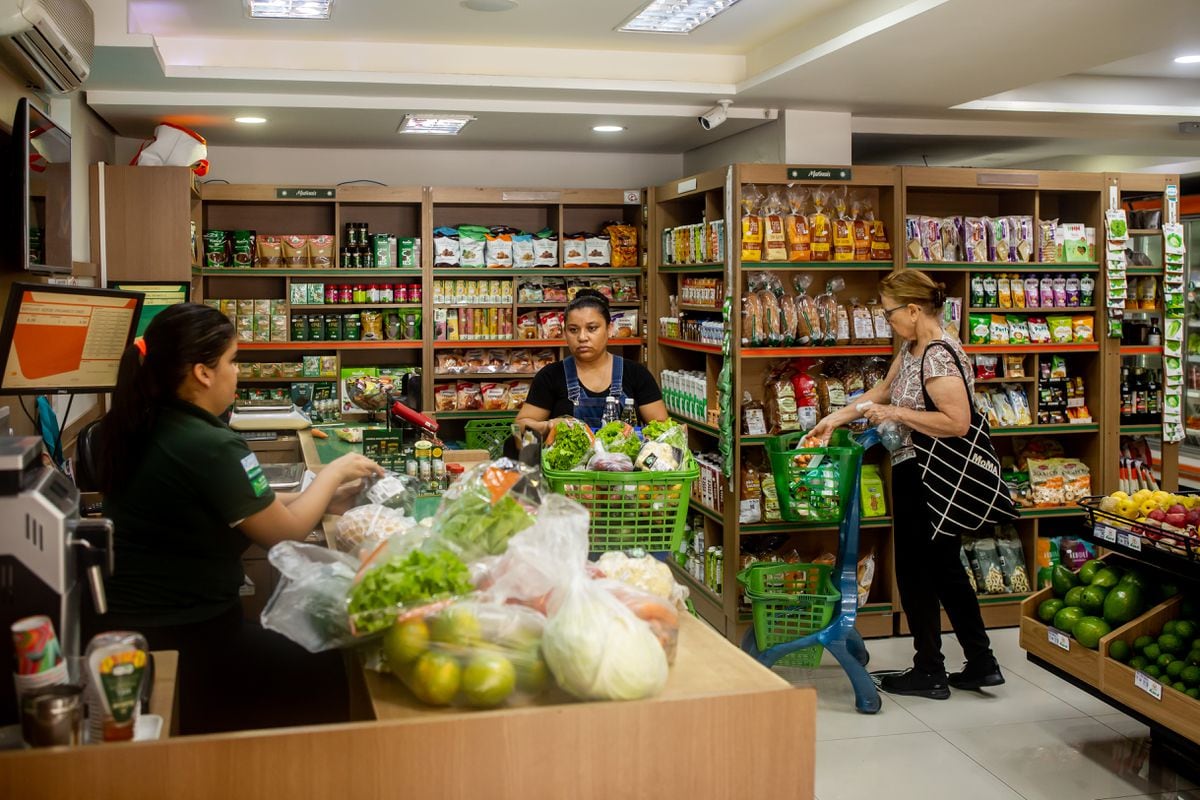On the night between November 1 and 2, Mexico becomes Comala, the town that Juan Rulfo drew in
Pedro Páramo
.
That night, the dead mingle with the living, according to an ancient tradition that dates back to pre-Hispanic times.
In 2020, with a pandemic and more than 90,000 deaths that the country did not have, the celebration of this day will be the most atypical in decades.
The federal government has recommended closing the pantheons or controlling access to them in order to avoid crowds.
The festival will only be held in the State of Michoacán, a region where this tradition has deep roots.
In Mexico City and the Valley of Mexico, on the other hand, public and private cemeteries will be locked, and community cemeteries will be subject to the agreements they reach with the pertinent authorities.
The “huachicol carter”, the last crusade of the Government of Mexico against organized crime
El Chapo Guzmán's wife reinvents herself as an 'influencer' on Instagram
The authorities have asked Mexicans to avoid meeting this year, and that the holiday be celebrated in the homes of each citizen.
The Undersecretary of Health, Hugo López-Gatell, and the Secretary of Culture, Alejandra Frausto Guerrero, appeared this Thursday to ask Mexicans to limit the party to the family and home sphere.
"This year, this celebration must give up community space," said Guerrero.
It was also announced that a floral offering will be made in the National Palace that can be visited in the distance, and three days of mourning have been decreed for the deaths caused by covid-19.
Likewise, a series of shows and live broadcasts of the most emblematic altars have been programmed in order to be able to follow the festival from home through public television channels.
In this way they try to avoid the crowds that usually occur these days, and that could already be seen last Wednesday in the church of San Hipólito.
Mirna Oreya García (Pachucha, Hidalgo, 32 years old) tells by phone that this year they are going to celebrate the day at home and that the whole family is not going to get together: “Until now we regularly did it at my grandmother's house, but just this year he passed away, so we decided to celebrate, but most of my family will not attend. "
Oreya says that every year they got together to prepare food, tamales, artisanal chocolate bars and other foods in a very "traditional" gathering.
It is also typical to offer, next to the altar that stands in the houses in honor of the dead, things that they would have enjoyed.
"My grandmother liked to embroider napkins, I don't know how to embroider, but she will surely offer her one," says Oreya.
The pandemic has not only brought new difficulties on the spiritual level.
Materially, the blow to the economy will also be felt in the arrival of tourists to key locations.
Marco Iván Rodríguez is CEO of the Infinitur company, which organizes trips to Michoacán every year for these dates so that national and international travelers can live one of the most famous experiences in Mexico in places like Pátzcuaro and other emblematic towns.
He says that the blow is already noticeable: "There is a decrease in demand of around 50% due to the pandemic," he says by phone.
However, this businessman affirms that, in general, beyond the situation caused by the pandemic, "there is more and more work" compared to the harshest months of the health crisis.
Even so, he does not expect the "traffic jams" and the arrival of "hundreds of thousands of tourists" from other years to occur in Michoacán.
The great problem for contagions, in any case, will be posed by the pantheons, where many people go out to honor their dead.
Paula Hernández Hernández, better known as
Angelina,
has always celebrated these days in the Huejutla cemetery, a town near the Huasteca region, between the states of Tamaulipas, Hidalgo and Veracruz.
“We are going to make our offering, but we are not going to go [to the Huejutla cemetery],” says Angelina.
"We will put our altar, tamales and we will have chocolate and coffee."
This 44-year-old woman feels sad because she cannot celebrate the night in the vigil as her parents "taught" her.
The vicinity of the civil cemetery of Dolores, the largest pantheon in Mexico City, has a large sign at its main entrance that reads: "The pantheon will remain closed until March 2021."
And so it will remain the next Day of the Dead.
Due to the pandemic, the only service that remains operating continuously is the crematorium, 24 hours a day.
The official figures of infections and deaths from the virus have exceeded all the Government's expectations, and although there are some States that present a lower level of contagion, such as Mexico City, they have rebounded, according to the latest government report of the week last, days before the governor herself, Claudia Sheinbaum, announced that she had tested positive for coronavirus.
The Federal Government does not officially speak of outbreaks.
On the outskirts of the cemetery, where its wall becomes a metal fence full of plank patches where several stray dogs roam, there are several flower stalls in a gallery. Next to them, a small closed altar to the Virgin and almost no offerings. At 8 a.m., only one stall is open, with many of its flowers faded. Facundo Peralta reopened his flower business just a month ago and describes a dire and desperate situation: "All the pantheons are closed, a woman was told that she had to pay 250 pesos to be able to enter and pay her respects." Picaresque and corruption also stalk this "unforgettable" Day of the Dead.

/cloudfront-eu-central-1.images.arcpublishing.com/prisa/U55Z3KXM2VA5RCOY5U3GYCOGNM.jpg)












